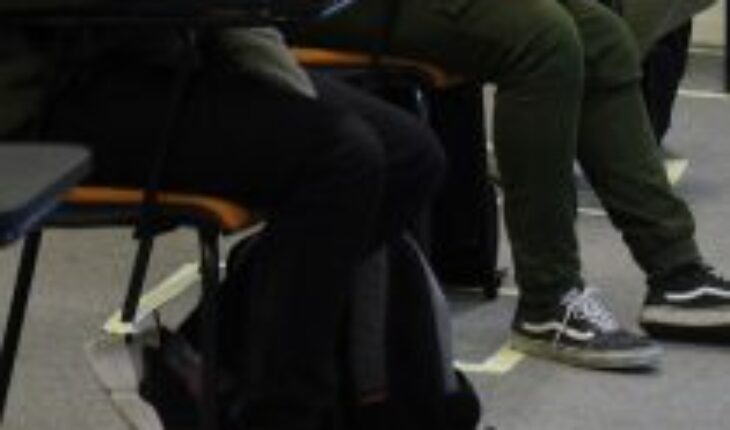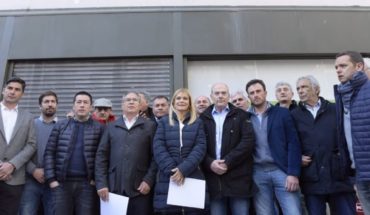For some time now I have been reflecting on the place that the university will occupy in this century. I refer to the university as that institution of the modern era in which a group of people – teachers and apprentices – meet to seek knowledge and make human life better, because the university has no other purpose than that, although in these times it is cornered by mercantile interests, the permanent search for innovation in all kinds of things and for an over-ideologization of some university spaces where it is believed that all the cultural battles of the time must be fought in the academic arena. The university is something simpler than all that, and has a function for society that, if modified, loses all its meaning.
The question is whether it can continue to be the beacon of human and professional thought and training in the medium term. I am afraid that is an open question, even if I would like it to be a positive answer.
On the one hand, new models of vocational training have emerged that stress the classical university. Large companies already have their own vocational training centres, where, of course, production takes precedence over training. Or virtual and distance institutions that, although they can deliver a good quality in terms of content, undoubtedly fail to emulate what the vital experience of the traditional university process means. Similarly, the business practices with which universities are operated today make them look little by little less like a community focused on scholarly knowledge and more like a service. It is necessary to look only a little at the languages that are used: credits, loads, competencies, student affairs.
These pressures are already enormous. But what has put the idea of university at risk does not lie only in contingent reality. The question also is whether the university is really reflecting on the problems we think it should be addressing. I am not referring to the imposition of topics from outside the academy, something that should not happen, but on issues that could be addressed and that we hope will be taken into account.
When we see that the Think tanks They dominate the scene more than the university in terms of public policies, or when business technological innovation takes the agenda of universities more than public problems, the institution of the university seems to lose some of its raison d’être. Yes, why not, develop algorithms that make banking analysis two microseconds faster, or robots that order supermarket shelves better than a replenisher. There is nothing bad in itself in this, but it seems to me that it is not what citizens expect. Wouldn’t it be better to use this intelligence to better organize public transport or make water consumption more efficient? Or that those minds explore and amaze us with what we still do not know about this world?
The university institution can be irrelevant and slowly diminished in multiple ways until one day it seems that we no longer need it. It will seem to us that we will be better off with other institutions. In this sense, the theses that poorly address the horror of pedophilia (theses publicly exposed in recent days) are a disservice to the cause of the survival of the traditional university. Mainly because they reinforce the myth about the uselessness of the university and that these institutions are not up to the challenges of the time. The current comments that fill the after-dinner these days are not about postmodern philosophical foundations, but about when the University of Chile was “joody”. What if Chile He fell so low, not even thinking about what the others will be about. Thus, either they come to reinforce the anti-academicism of certain sectors, or set off an alert in others.
Human beings will not stop asking ourselves questions nor will we give up in the search for mental schemes that help us understand things. Philosophy, science, history, among other disciplines, will not be eliminated, but they run the risk of being developed by other institutions, more “in keeping with the times”. We do not know exactly which institutions will replace them, but they will surely be neither more pluralistic, nor more rigorous, nor more open and public than the great universities of today. There are causes that, although they seem lost, are worth defending, and the university, one of the noble institutions that human beings have created, is well worth it. Teachers, students, and everyone who develops in the university environment, we will have to put back in the first place the great idea of University.
The university: present and future
January 3, 2023 |





